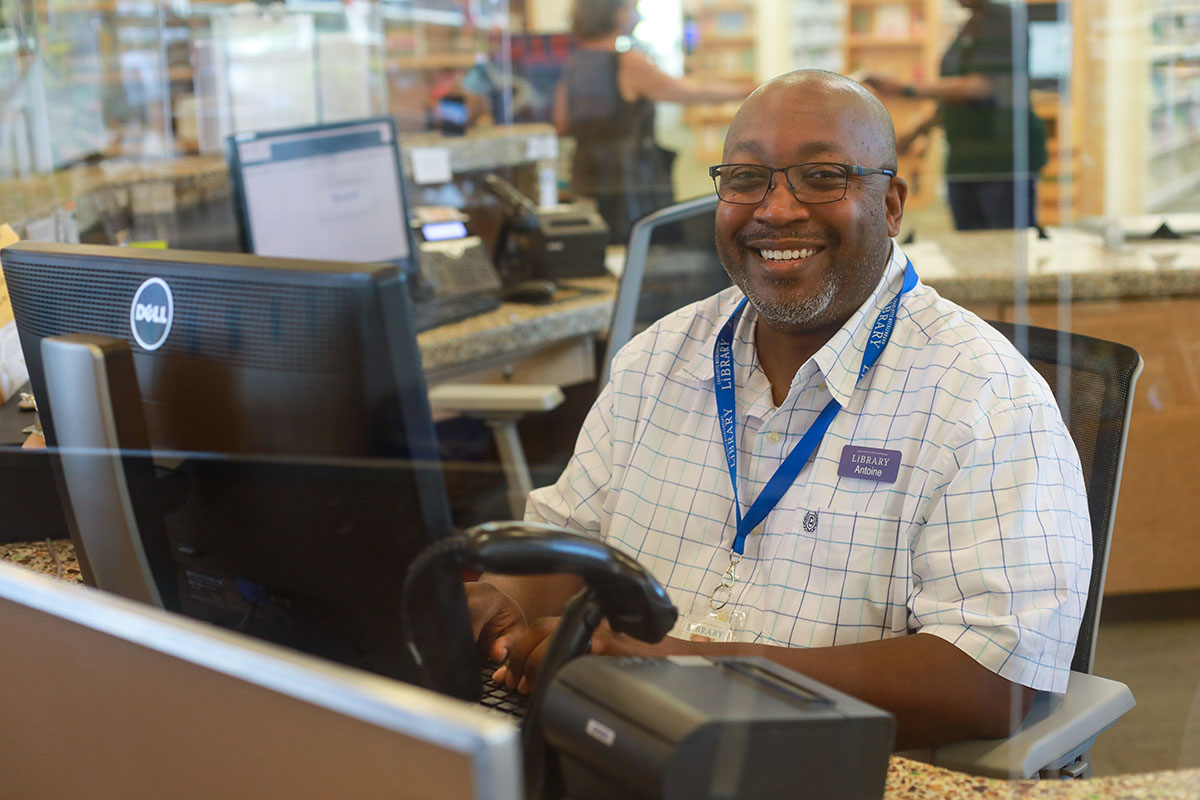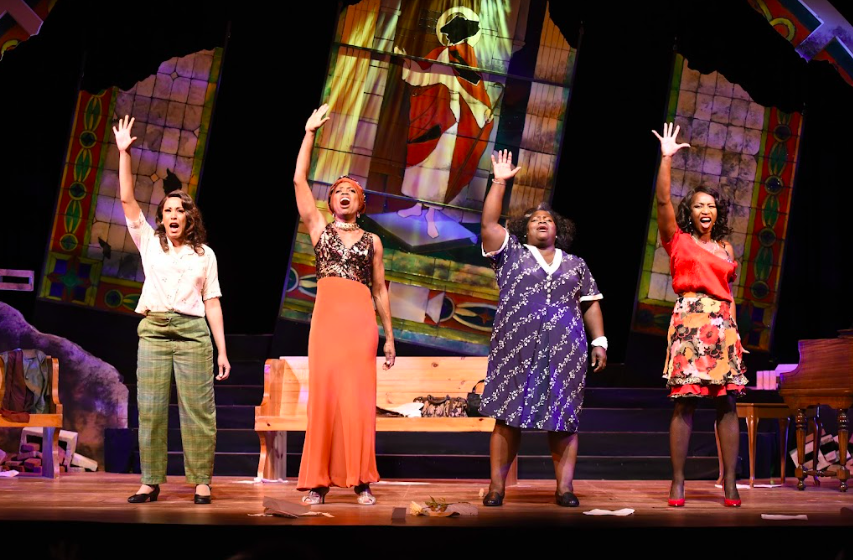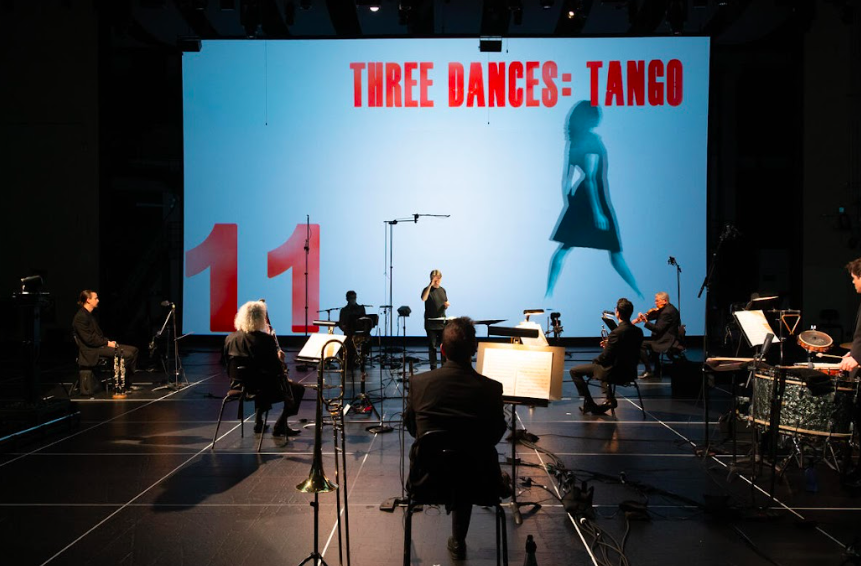Improving digital access during lockdowns and beyond
Charlotte Mecklenburg Library’s 20 branches serve a diverse urban population of over 1 million people in and around Charlotte, North Carolina. Though the library system dabbled in recording some of its programming before the pandemic, its audience for most of these programs seemed limited. When COVID-19 forced a complete one-week shutdown, a few employees returned to telework and devised a plan to transition all previous in-person programming to online programming.
Without data or models from other libraries to guide their efforts, library staff began from their “best guess” at what people needed, explains Chantez Neymoss, interim chief strategy and innovation officer. The library’s early Zoom programming revealed that providing a connection with other people was valuable and possible no matter the format of the interaction.
Through trial and error, the library learned to evaluate the needs of specific segments of its community. For example, teenagers tended not to use Zoom or Facebook, so library staff created a very short survey to learn how they wanted to engage with the library on platforms they already use. The library then made a separate Instagram handle (@cmlibraryteens) with content specific to teens, based on its learnings from this survey. In programming for adults, like book clubs and conversational groups for English and other languages, the library tracked both the number of attendees and qualitative information about how participation affected them in order to make programming decisions. In some cases, these programs now draw more participation than they did in-person.
Looking at community needs, it was also apparent that digital literacy and digital access were critical. The library estimates that 20 percent of households it serves lack a computer. Its branches began by bolstering their wi-fi signals so the community could access the internet at any time from a library parking lot. To address families struggling with wi-fi access, the library offered hotspots for free check-out. Through an initial CARES grant, the library provided around 2,500 computers to households without one. More recently, the library has worked with the Institute of Museum and Library Services to plan an installation of towers to reach 800 homes in West Charlotte. The project will be formally evaluated by the Urban Institute to determine whether, in combination with the library’s other programs, it is an effective approach to improve digital access that could be replicated in other areas.
The library has also expanded its reach far beyond the Charlotte area. Its English and other language conversation groups attract international participants from all over the world, as do its adult book clubs. Local participants enjoy this expansion; in a French conversation group, for example, they might be able to speak with participants from Canada or France. The library’s online programming about the 2020 election led to work with the British Library for which Charlotte Mecklenburg Library created a webinar to help generate ideas for hyperlocal programming. This connection was only possible because the library’s local political programming was online.
Partnerships with other organizations have helped the library advance its work. Deeper work with the Charlotte public schools, partnering with staff to ensure that students have access to library staff and are not isolated, was one result. With another organization in Charlotte, International House, the library expanded its adult literacy programming. And with local public radio station WFAE, the library helped create pandemic reporting to address concerns about COVID.
Now, far from worrying that its digital programming is duplicative of in-person work, the library is basing its programming decisions on qualitative and quantitative outcomes. Programming will continue both in-person and online, depending on the type of programming and the participants’ needs and feedback. The pandemic “forced us to change, but it also gave us time to think,” explains Martha Yesowitch, community partnerships leader. The internal culture allowed staff members to try, fail, and learn, without the fear that any result would be held against them. The library now describes itself as more collaborative, rooted closely in its community, flexible, and outcome-driven. It hopes that its digital and in-person programming has shown its community that the library truly is for everyone.

